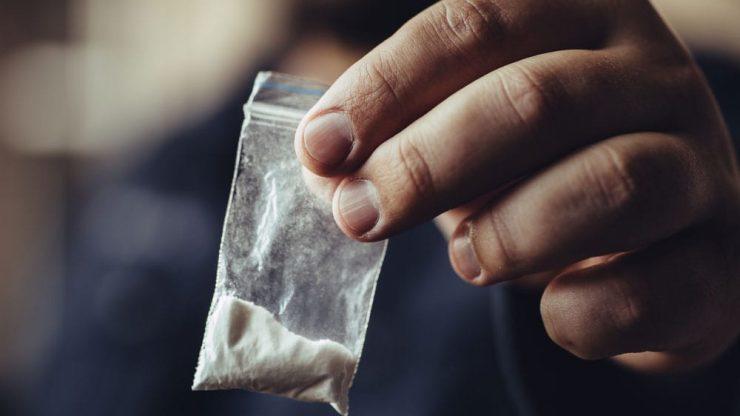Oregon May Soon Decriminalize Low-Level Possession Of All Drugs, Massively Reducing Arrests
Tyler Durden
Sun, 08/23/2020 – 19:20
Authored by Elias Marat via TheMindUnleashed.com,
With opinions changing across the country over the need for urgent criminal justice reform, there’s no time like the present to enact a much-needed overhaul of laws that criminalize poverty and social ills such as drug use. And this November, voters in Oregon will have an opportunity to decriminalize the low-level possession of all drugs.
Under the proposed Measure 110, or the Drug Addiction Treatment and Recovery Act, the low-level possession of illegal substances would be reclassified from a misdemeanor to a violation, punishable by either a $100 fine or a health assessment.
Drug trafficking would remain a felony offense, while substantial possession of drugs would be reduced to a felony. Rehabilitation services would be expanded under the measure, and 24-hour Addiction Recovery Centers would also be opened.
By effectively decriminalizing the small-scale possession of drugs, the proposed measure would effectively halt one of the most pernicious means by which the “War on Drugs” has adversely impacted communities of color and poor communities that have suffered disproportionate over-policing and mass incarceration.
According to the Oregon Criminal Justice Commission, the reclassifications proposed by the measure would see roughly 1,800 fewer Oregon residents facing conviction for felony possession of a controlled substance annually – leading to a mammoth 95-percent drop from current conviction rates.
The report from the commission also found that Measure 110 would be of particular benefit for communities of color, with racial disparities in arrests and convictions falling “substantially.” However, the benefits would also cut across the board – with Black people seeing a fall in arrests by 93.7 percent and an 82.9-percent fall for Asians, 86.5 for Hispanics, 94.2 for Native Americans, and 91.1 for whites.
The report also notes that “inequities [may] exist in police stops, jail bookings, bail, pretrial detention, or other areas” but there is not “sufficient or appropriate data to examine those stages.”
The state would fund Measure 110’s addiction programs, which are expected to cost $57 million yearly, entirely through excess taxes collected on cannabis sales. Current tax revenue from cannabis sales are expected to yield $182.4 million from 2021 to 2023. And as tax revenues increase and decriminalization incurs further savings for the state, petitioners for the Yes for 110 Campaign predict that even more funds can be reallocated to help treat and rehabilitate drug addicts.
Supporters of the measure have been enthusiastically organizing online, and have found that many Oregonians are on the same page with them over the need to end the failed “War on Drugs” and pursue an alternative course to tackle widespread drug addiction.
“There’s no playbook for how to campaign in a pandemic,” said Anthony Johnson, one of the chief petitioners for the campaign. However, he’s confident that the measure has “a really good chance of winning” come November.
“Our communications with voters all across the state shows that voters understand that the status quo is not working,” Johnson added. “We’re clearly not going to arrest our way out of addiction.”
A large number of prominent groups and individuals have backed the measure. This includes trade unions, faith groups and churches, groups representing Asian, Black, Indigenous and Latino communities, human rights organizations, several county district attorneys, and even drug policy reform advocates from the ranks of police.
Oregon is no stranger to blazing new trails in drug policy and criminal justice reforms. In 2014, the state legalized cannabis through a 2014 ballot measure, while a 2017 law drastically reduced the penalty for possessing small quantities of cocaine, LSD, and other substances. This November, Oregonians will also have the opportunity to end the prohibition of psilocybin or “magic” mushrooms and establish a new statewide framework for licensed psilocybin therapy treatment centers.
